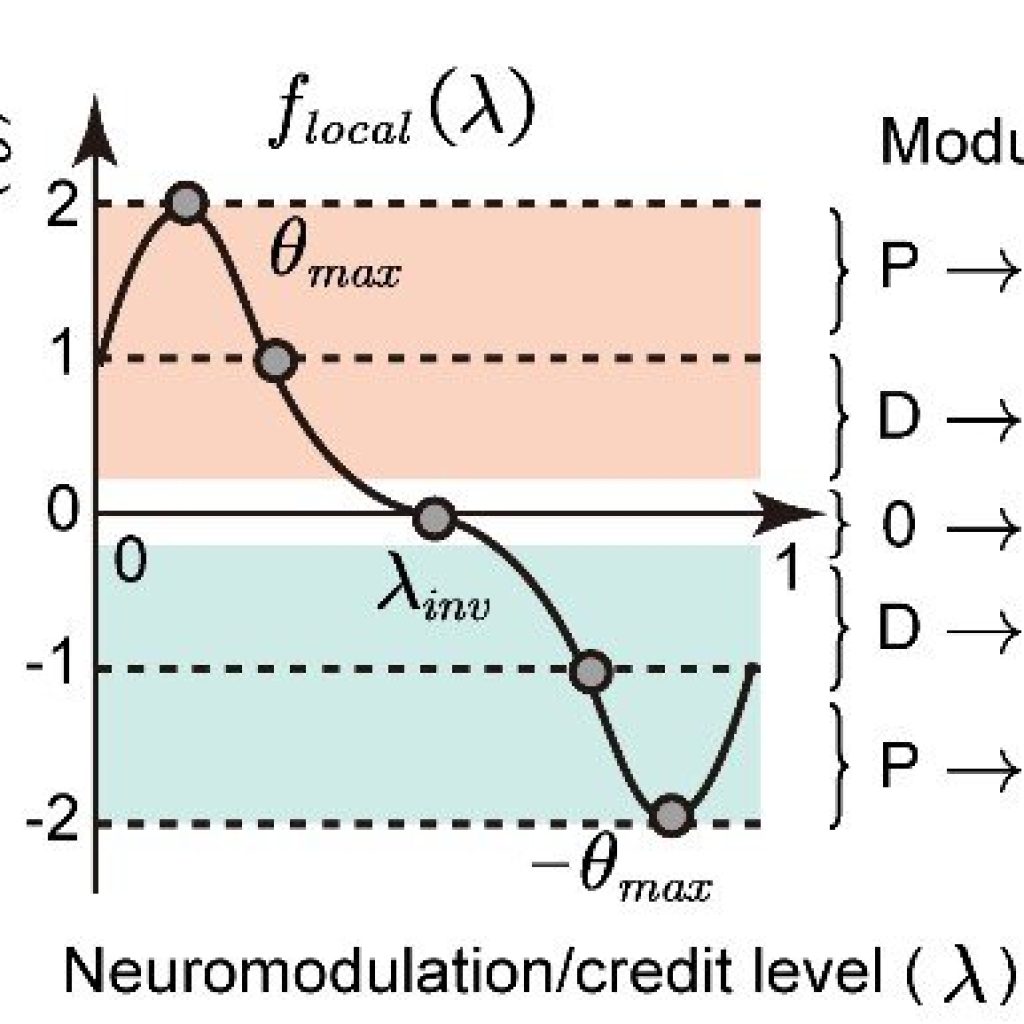Artificial Intelligence (AI) has made significant inroads into accounting, streamlining tasks, and enhancing efficiency. Yet, a pervasive resistance to AI adoption remains within the global business community. This resistance stems from concerns about job displacement, data accuracy, and security. To harness the full potential of AI and transform the profession, accountants must embark on a journey to shift their mindset and equip themselves with the necessary knowledge and tools.
Unlocking efficiency through AI
Repetitive and time-consuming tasks have long been the bane of professional accountants. Tasks like invoice processing, data entry, supplier payments, and bank reconciliations consume valuable hours. AI has emerged as a game-changer by automating these mundane administrative duties, potentially becoming the accountant’s best ally since the introduction of spreadsheets.
Generative AI tools, such as ChatGPT, can handle data-driven tasks efficiently. They can summarize and provide initial interpretations of client data, freeing accountants to focus on their role as strategic business advisors. However, the path to AI integration is not without challenges.
Overcoming resistance
Despite the clear advantages of AI, a significant portion of accounting professionals remains cautious. Concerns include a lack of familiarity with AI technology, apprehension about job displacement due to machine learning, and worries about data safety and security breaches.
A recent survey by the Institute of Financial Accountants revealed that 55% of accountancy professionals felt they had little knowledge of AI, while 15% admitted to not know at all. To address these concerns and bridge the knowledge gap, practices must invest in training and education.
Data security concerns are equally paramount. A Thomson Reuters survey found that two-thirds of accounting professionals worry about the data risks associated with AI. These apprehensions must be addressed comprehensively to enable widespread AI adoption in the industry.
Forward-thinking firms reaping rewards
Firms that proactively address these concerns are already reaping substantial benefits. PwC’s 2022 AI business survey indicates that most companies using AI have experienced significant improvements in productivity, customer service, and decision-making. The most AI-advanced companies reported the highest gains, with productivity topping the list at 44%.
The role of humans in AI
Many concerns about AI’s impact revolve around the security and accuracy of information. However, it’s essential to recognize that AI systems require human intervention and expertise to function effectively. Tools like ChatGPT are designed to provide information but lack a trained accountant’s professional nuance and judgment. Human expertise remains indispensable for validating AI-generated suggestions.
Addressing employees’ fears of automation replacing their roles can be achieved through a clear segregation of duties. While AI can handle routine tasks, human review is crucial before making information customer-facing. Furthermore, AI’s potential to reduce certain accounting functions could create new roles that accountants, with appropriate training, can transition into.
By reinforcing the importance of human involvement in the process, firms can alleviate employees’ concerns and foster a smoother integration of AI into their operations.
Charting the path forward
For firms looking to embrace AI, establishing robust safety measures and precautions when handling client data is non-negotiable. The protection of sensitive financial information is paramount. Practices can build trust by demonstrating their commitment to tax and automation regulations.
Yet, the knowledge gap surrounding AI’s potential in the profession remains a substantial hurdle. Practices must invest in training and promote a mindset shift, encouraging staff to leverage AI services while enhancing their expertise to deliver the unique value that only humans can provide.
As the accounting landscape evolves, those willing to embrace AI with the right mindset and preparations will streamline their operations and elevate their roles as trusted advisors in the financial world. The journey to fully realizing AI’s potential in accounting has begun, promising a brighter and more efficient future for the profession.





